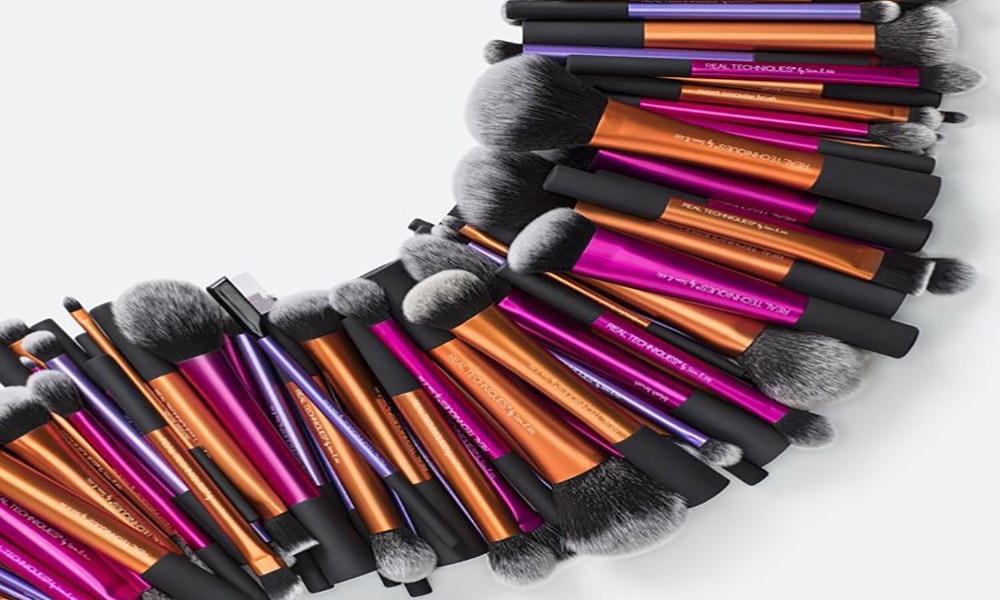By Epoch Newsroom
Remember an instance when an artwork or music piece touched your heart?
Or perhaps it was a movie or dance performance that stirred your soul?
As American novelist Thomas Wolfe once said, “Culture is the arts elevated to a set of beliefs.”
Expansive and expressive, the arts encompass performing, visual, literary, applied, as well as fine arts. Music, song, dance and choreography, design, cinematography, photography, digital media and video, architecture, poetry, prose, drama, and cultural performances all constitute the arts.
In Singapore, more arts and culture events are being held locally, and the number of people attending and participating in these events is on the rise as compared to a decade ago, according to the Singapore Cultural Statistics 2015 Report.
This encouraging sign could be the result of increased funding and development of Singapore’s arts and culture sector by the Government, along with a more cultured and sophisticated populace.
However, despite Singapore’s growing interest in the arts, Mr Howard Yu, former gallerist and director of Da Tang Fine Arts Enterprise Pte. Ltd., believes more should be done.
“I find that in general, Singaporeans don’t have this passion to learn about art appreciation. If there are 100 people aged 20 to 60, maybe only 10 out of these 100 people are interested in Fine Art,” said Mr Yu.
He continued: “In Singapore, most people are economic-driven rather than aesthetic-driven.”
To work towards building a greater appreciation for the arts among Singaporeans, the National Arts Council has set in motion the Public Art Trust, which is probing into instituting a fourth art commission and public art installations in the heartlands, outside the civic district.
“MCCY will continue to step up our efforts in engaging our partners, to improve the quality of arts and heritage experience for Singaporeans, and to bring Singaporeans together to build a shared culture,” said Mr Lawrence Wong, Acting Minister for Culture, Community and Youth (MCCY), in a press release statement published in 2013.
Apart from building a shared culture and a sense of identity, what is the value of arts and culture to people and society? And is there a lack of emphasis on the teaching and learning of the arts in Singapore?
Arts and Culture Appreciation – Opinions From Singaporean Artists and Musicians

I think that the human voice communicates big reservoirs of emotions and colours. When the music is really beautiful, it can transform lives.
If someone is in pursuit of beauty, it makes them a better person – more sensitive, more responsible.
– Toh Ban Sheng, prominent choral conductor

With respect to Singapore, I feel that our economy and technological standards are quite in place. Perhaps now it’s time to shift our focus to developing culture and the arts. Only then can our people’s cultural literacy improve, and can we cultivate an all-rounded future generation of Singaporeans. This would be an asset to our country’s development.
– Nelson Kwei, premier choral director

To instil an appreciation of the arts in Singaporeans, schools could bring children to museums and galleries. In western countries, schools would organise trips to museums and kindergarten pupils are taught art terms like ‘perspectives’.
– Chng Seok Tin, artist and recipient of the Cultural Medallion in 2005

I don’t think we should be expecting society to ‘breed’ or ‘nurture’ film talents. I do think, however, two factors that plague creativity in Singapore are the lack of cultural literacy, and the fear of failing.
– Boo Junfeng, filmmaker

I hope to change the increasing mentality that ‘classical music has no future’ and convince Singaporeans that it can be a wonderful and rewarding trade, recognised and respected here.
– Shaun Choo, pianist

We have a lot of talented and creative people in Singapore. I feel the one thing (that) is lacking here in Singapore is appreciating and believing in your own Singaporean talents.
– Zulkifle Mahmod, sound sculptor

I think that classical music best allows one to experience the sound world. After understanding classical music, one will hear more nuances and colours within all the different types of music; most of pop still follows the rules of classical tonal harmony.
– Loh Jun Hong, violinist

I think it comes down to education and presenting classical music in an engaging and relatable manner. We need to convince people that classical music can be a relevant and vibrant force in society and is something that should be valued.
– Abigail Sin, pianist

Listening is the most effective way to [cultivate] a love for classical music. Through listening, one can gain three-dimensional information about the culture, much more quickly and much more than just reading.
– Tang Tee Khoon, violinist

Today we are bombarded by various types of music in public spaces such as shopping malls, supermarkets and in advertisements so much so that our musical senses can be dulled. I think it is important occasionally for people to have the opportunity to sit down in a quiet place and focus on a particular piece of music. Classical concerts provide such an opportunity.
– Gabriel Ng, violinist

Music is a gift from God and it is such an avenue in which God can be glorified. Music certainly is a way of telling stories and when we use it to tell good stories, encouraging stories, God-stories, well, there has never been a more desperate chapter in the history of mankind where we need to hear such stories through music.
– Kam Ning, violinist

I believe learning and appreciating classical music has an impact on one’s self-cultivation. To varying degrees, it can mold someone’s personality and outlook in life. It helps us understand the rich culture and history of mankind. It can help us experience and understand humanity at a deeper level. It is deep enjoyment…
– Alan Choo, violinist

There are a lot more local musicians and a lot more performing groups now and there is the Yong Siew Toh Conservatory of Music – I never thought I would see that in my lifetime! Those are really exciting and wonderful developments.
But on the flip side, Singaporeans being Singaporeans, many parents still want their kids to pursue a less creative career path. Creativity is not valued in Singapore. We talk about it but many shy away from it.
– Leslie Tan, cellist in Singapore’s first classical string ensemble T’ang Quartet

When you have hand-painted scenery and nature hanging on the wall, it would give you a more tranquil feeling, since most of us live in HDB flats and condominiums where we hardly see any nature. Forest or river paintings can be very peaceful, and might be able to reduce your stress.
– Howard Yu, former gallerist

Art can beautify life and tame one’s character. Once, I knew a young man who was a gangster and no one could help him. The teacher sent him to art school, and after one or two years of painting, he did not have a temper anymore. Instead, he became a teacher, and I was even taught by him! Art hones one’s patience.
– Choo Keng Kwang, renowned first-generation artist

We do not have a very solid system to begin with. You see, in Singapore’s education system, from primary school to secondary school and JC, our students are not encouraged to study art as it is not a ‘main subject’. Students are mainly exposed to pop art, and when they [enrol in a polytechnic course], they will be studying Advertising Design or Graphic Design instead of Fine Arts.
– Tom Choo, self-taught artist, nephew of Choo Keng Kwang

A nice painting could comfort you when you are feeling down. Some would arouse your feelings and thoughts and some would evoke your memories. Paintings represent artists’ feelings, thoughts and their lives.
– Monica Chua Ah-Huwa, artist

When we play musical instruments, our fingers keep moving. This helps to improve blood circulation. It’s the same with conducting; our hands are constantly moving and this helps with blood circulation.
– Lee Yuk Chuan, a pioneer of Singapore’s music scene
















